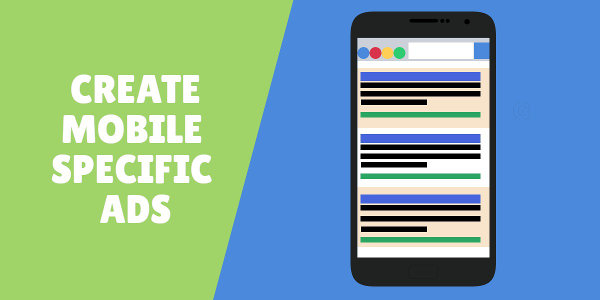There’s no doubt that Google Adwords can be very beneficial to a business. It’s one of the best ways to drive traffic to your site, generate leads and close sales. But like most good things, it also takes time, careful planning and execution, and a bit of an investment.
Google Adwords campaigns have to be set up carefully for it to succeed. This means that you should be keenly attuned to Adwords and know how to avoid critical and costly mistakes. If you want to make the most of your Google AdWords campaign, check that you’re not making these 5 mistakes:
1. Not Spending Enough Time to Research Keywords
One of the key parts of an AdWords campaign is choosing the right keywords. After all, if you are not using keywords that are most relevant to your brand or what your customers are searching for then your campaign would suffer. This is why it’s vital that you spend time researching the proper and relevant keywords for your company.
right keywords. After all, if you are not using keywords that are most relevant to your brand or what your customers are searching for then your campaign would suffer. This is why it’s vital that you spend time researching the proper and relevant keywords for your company.
To help narrow down the best keywords to use, make use of tools like WordStream or Google AdWords Keyword Tool. Take a critical look at your brand and come up with a list of possible keywords. Use available keyword tools to see the different variations of how people use your proposed keywords in their search.
2. Forgetting Phrase and Exact Matches
There are different types of keyword matches – broad match, phrase match, and exact match. Broad match keywords mean that your ads will appear when people search for your keywords, regardless of the other terms in the search string while phrase match keywords will only appear in searches with that exact word order. This is the same principle for exact match keywords.
Most ad groups only use broad match keywords, as it’s the default match type used by AdWords. The good news is that broad matches appear in more searches, but it also means that the odds are high that these are less relevant searches. This could lead to less generated sales and lower click rates if the searcher finds your ads irrelevant. It could potentially cost more money due to a misplaced click.
Research has shown that exact match keywords have better conversion odds, so it’s better to start by using exact matches before expanding it to include phrase and broad matches.
3. Not Utilizing Negative Keywords
Another common AdWords mistake internet marketers make is disregarding negative keywords. This keyword acts in the opposite way of a targeted keyword, meaning it precludes keywords that do not match your product or service. For instance, if you are targeting backpacks designed for hiking or camping then you don’t want your ads to show up in searches for “school backpacks.” You can put “school” as a negative keyword and your ads won’t be displayed in searches with the term “school.”
To ensure that you exclude the right words, check out Google Analytics. Click on “Acquisition,” followed by “AdWords” and “Matched Search Queries.” Click on “Query Match Type” next and choose either “broad match” or “phrase match” to see the keyword phrases that are generating leads and those that are not converting. This can help you choose the words that can be added as a negative keyword so that your campaign will perform better.
4. Not Embracing Mobile
There’s no stopping the mobile trend so it’s best if you embrace it, especially as how customers use mobile devices to search and engage in is vastly different from how they use laptops or desktops. And since more people opt for mobile devices these days, you should make sure your campaign is mobile-friendly.
you embrace it, especially as how customers use mobile devices to search and engage in is vastly different from how they use laptops or desktops. And since more people opt for mobile devices these days, you should make sure your campaign is mobile-friendly.
There are several ways to make your ad campaigns better suited for mobile devices. You can use Click to Call Extensions, Mobile Bid Modifiers, Mobile-Specific Ads, and Short Tail Keywords.
5. Directing Visitors to the Wrong Pages
This is a mistake that owners of eCommerce stores should take pains to avoid. Some e-stores have erred in directing the traffic from their ad to their home page instead of the page for a specific product.
Make sure that when a visitor clicks on your ad, they’re directed to the item they’re looking for. Otherwise, they might just leave your page and that’s a lost sale. So double check your ads and ensure prospective clients are led to the right page.
There’s no question that Google AdWords can be a key component to increasing traffic and generating sales. However, this will only happen with the right AdWords strategy and implementation.
[Featured image via Google AdWords]
